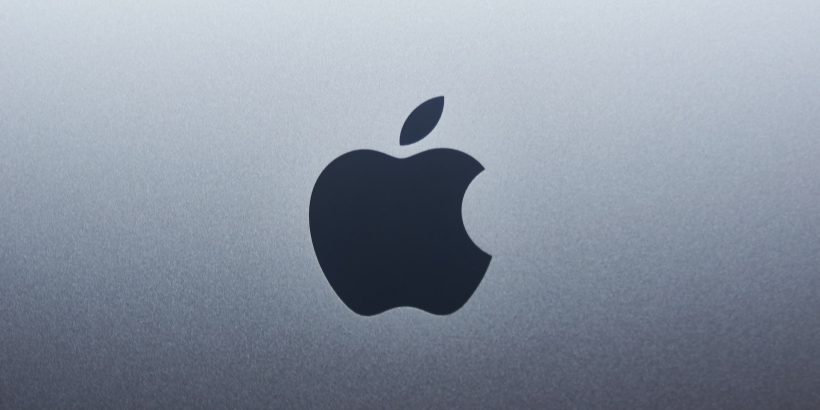In a strategic move to overcome the recent ban on certain Apple Watch models imposed by a US court, Apple has secured approval for a redesign that comes with a significant sacrifice – the elimination of a key health-monitoring feature.
The ban stemmed from a lawsuit filed by Masimo, a technology company based in Irvine, California, which accused Apple of patent infringement. To address the ban, Apple proposed a redesign that removes the pulse oximeter functionality from its smartwatches. The pulse oximeter is a medical scanner used to measure the oxygen concentration in the bloodstream. The approval for this redesign was disclosed by Joseph R. Re, an attorney representing Masimo, who confirmed that the US Customs and Border Protection’s enforcement branch deemed the proposed changes sufficient to allow Apple to continue importing the watches.
The eliminated pulse oximeter feature, previously marketed by Apple as a valuable health-monitoring tool, is a notable exclusion in the redesigned watches. Masimo expressed approval of this move, calling it a “positive step toward accountability.” The ongoing legal battle involves Apple’s attempt to lift the ban on importing certain models, including the Apple Watch Series 9 and Apple Watch Ultra 2, both accused of violating Masimo’s patents.
Initially, Apple had successfully obtained a temporary block on the US International Trade Commission ruling, preventing the import ban from taking immediate effect. This legal maneuver bought Apple some time, and the ban officially went into effect on December 26. However, on December 27, a federal appeals court temporarily halted the broader import ban, allowing the affected models, including the Series 9 and Ultra 2, to remain available for sale in the United States.
Despite this temporary reprieve, Apple faces an uphill battle as it awaits a ruling on its motion to permanently block the ban. The company remains optimistic about the outcome of the appeal, expecting the appeals court to rule on its motion as early as this week.
Apple’s response to the ban included pursuing legal and technical solutions to resume imports of the affected watches. This involved presenting a redesigned version of the Series 9 and Ultra 2 watches to seek approval from US Customs. While Apple strongly disagrees with the ban, it has taken proactive measures to ensure the availability of its advanced watches to US customers.
In its appeal, Apple argued that it could suffer “irreparable harm” if the ban remained in place during the ongoing appeal process. However, Masimo’s attorney, Joseph R. Re, countered this argument on Monday, asserting that Apple could no longer claim irreparable harm since the redesign had been approved as a workaround.
This legal skirmish poses a potential threat to Apple’s standing as a provider of life-saving smartwatches, a reputation that has contributed to the Apple Watch’s global success. The company’s willingness to compromise on key features raises questions about the impact on its market position and the public’s perception of the Apple Watch as a health-centric device.
On December 18, anticipating the ban’s enforcement, Apple preemptively removed the Series 9 and Ultra 2 versions from stock. Sales resumed shortly after the December 27 injunction, signaling Apple’s determination to navigate the legal challenges and continue offering its innovative smartwatches to consumers. The evolving situation underscores the delicate balance between technological innovation, intellectual property disputes, and regulatory compliance that major tech companies like Apple must navigate in a competitive market.
